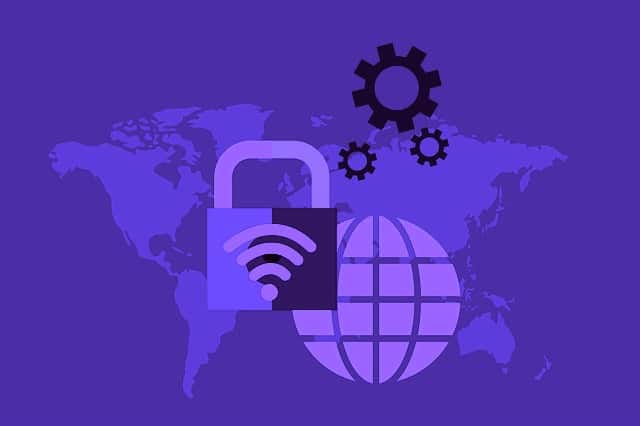
Everybody knows that virtual private networks (VPN) are useful for protecting your privacy online. Whether you need to keep your browsing activity hidden from an ISP, secure sensitive, or just prevent creepy strangers from monitoring your activities, VPNs are indispensable. What is not so well known is how exactly a free VPN online can help you achieve those objectives and what the future might hold for this technology.
But as with many other things, it’s impossible to predict exactly how things will change in the near future and what new innovations may arise. That being said, here’s everything that you need to know about the future of VPNs right now.
Contents
Confidentiality and Data Security
VPN technology offers online data protection and allows you to encrypt your internet traffic, making it impossible for people to intercept and read your data. But in the future, you might not need to use VPNs for this. Scientists at the University of Washington have developed a new type of wireless communication that is both highly secure and extremely fast.
Protection from ISP Monitoring
There are concerns that ISPs may soon begin selling user data to third parties. The Federal Communications Commission is currently considering rolling back data protection laws, which would allow ISPs to track their customers’ online activity and sell that information to the highest bidder. However, the use of a VPN can make ISPs think that you’re located somewhere else.
With a VPN, you can appear to be browsing from another country, enabling you to access content that is usually restricted to users within that region. You may also choose to use a VPN to mask your identity and prevent other internet users from seeing your IP address. That’s not all, though. A VPN can also prevent your ISP from monitoring the bandwidth that you consume, which can be important if you’re using a metered plan.
Protection from Non-ISP Surveillance
It’s not just your ISPs that you need to worry about. Governments, corporations, and even landlords can monitor your online activity if they want to. However, a VPN can protect you from government surveillance
The first of these is when a government agency installs malware on your computer to steal your data. The second is when a malicious actor impersonates a legitimate website to steal your data. If you’re a journalist or activist, VPNs can also help you protect your sensitive data from the prying eyes of government agencies. Unfortunately, even VPNs cannot stop other people from monitoring your internet activity if they can access the wires that connect your computer to the internet.
Protection from Cybercrime
As well as keeping the government and corporations at bay, VPNs can also protect you against cybercriminals who want to steal your data or hack you. And while VPNs can protect you from these threats, new technologies are emerging that could make VPNs obsolete. In computer security, the words “next-generation” are usually code for “new ways to hack.” With that in mind, scientists are working on new ways to defend against cybercrime.
One such project is Quantum-Secure Authentication, or QSA. Quantum-Secure Authentication works by creating a “trapdoor” in your computer’s hardware that only you have access to. This “door” can then be used to authenticate your identity when surfing the web. Quantum-Secure Authentication is currently in its infancy and not ready for mainstream use. However, when it is ready for the masses, it could render VPNs obsolete.
Are there alternatives to VPN?
The bastion host appears to be a 1990s-era technology that is making a comeback in fresh use cases. Some refer to it as a “jump box,” but it is really just a highly secure server that enables connections to even more secure resources.
For Windows, this might be a remote desktop gateway that protects your RDP/3389 servers by listening over HTTPS/443. On Unix, it might be a highly secure SSH server that accepts connections through an unusual port. Over the past six to eight months, Azure has been busy releasing a specialized service offering for this called “Bastion” that reduces the amount of configuration required from end users.
Conclusion
Since the creation of the initial security protocols, VPNs have improved in speed and usability for everyone. The chances of the internet becoming safer are dwindling as cybercrime rates continue to rise despite advances in cybersecurity measures. Given the effectiveness of VPNs, it’s possible that devices and browsers will include built-in VPN functionality in the future. In the meantime, users must purchase their own VPN tools to protect themselves from online threats.
Overall, the future of VPNs looks bright and will not disappear overnight. VPNs have come a long way since the early 2000s when they were used primarily for file sharing. In the future, VPNs will likely be used for much more than this, including protecting your privacy and securing your data.
Quantum-resistant algorithms and spaser communication could render VPNs obsolete. However, that could still be a long way off. Until then, VPNs remain a vital piece of internet infrastructure.
